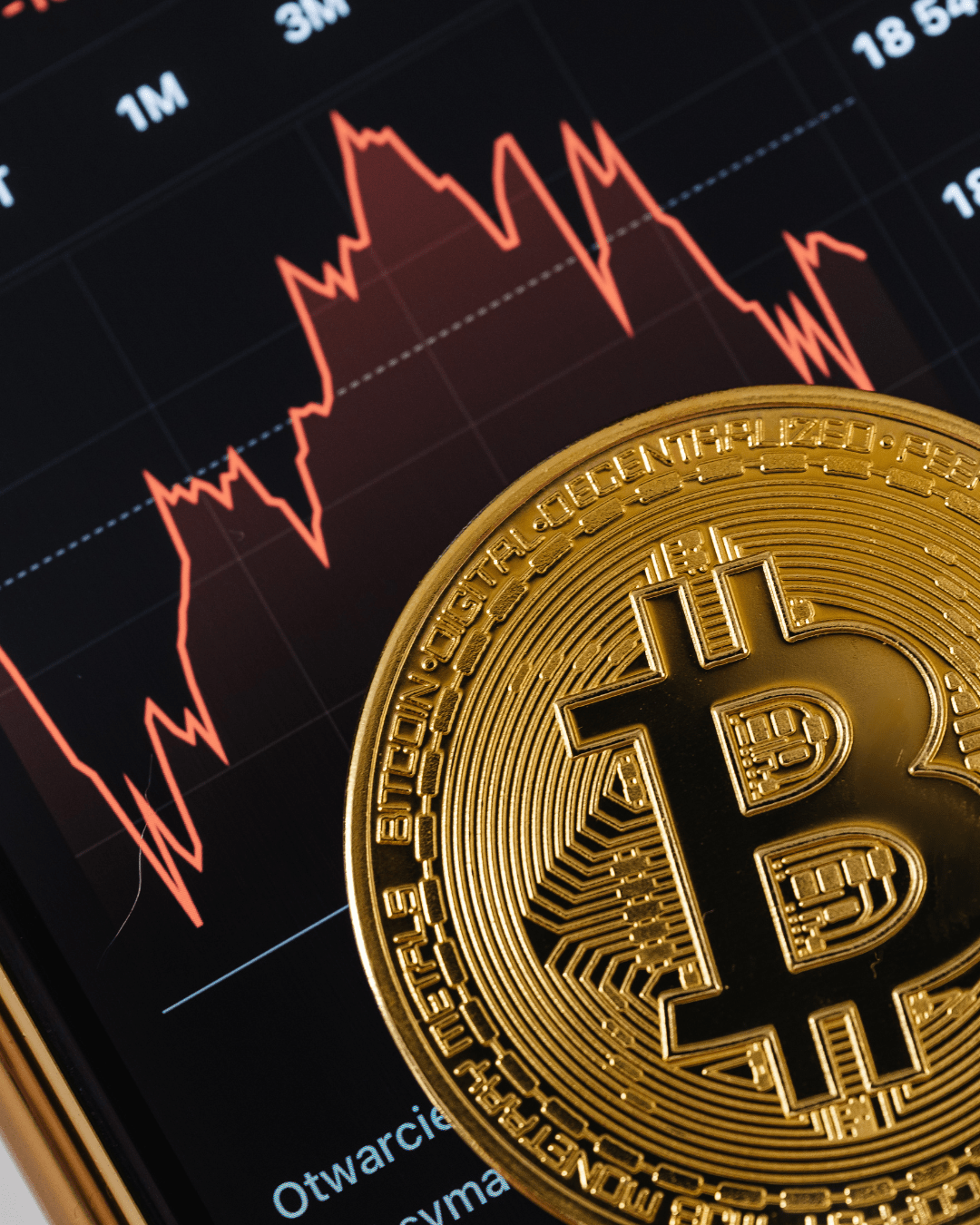Why Crypto Exchanges Matter in Today's Economy

If you’ve ever wondered why crypto exchanges keep popping up in headlines and conversations, you’re in the right place this week. We’re diving into the world of cryptocurrency exchanges and exploring why they’ve become such pivotal players in the global economy. Whether you’re a crypto enthusiast, a curious investor, or just crypto-curious, this post will break down the essentials with a little insight and a touch of personality.
The Role of Crypto Exchanges: More Than Just a Marketplace
At their core, crypto exchanges act like digital marketplaces where buyers and sellers connect to trade cryptocurrencies with others. But their role today stretches far beyond that. They serve as the crucial gateway between traditional finance and the fast-evolving world of digital assets.
Why does this matter? Because as cryptocurrencies grow in popularity and acceptance, exchanges become the bridges that help money flow in and out of this new economy. They make it accessible and liquid, turning digital tokens from abstract concepts into tangible assets that can be bought, sold, or traded anytime, anywhere.
Trust and Security: The Human Factor Behind the Tech
One big reason crypto exchanges matter so much is trust. Despite blockchain’s promise of decentralization, exchanges are often centralized platforms, meaning they hold custody of users’ funds temporarily. This makes their security protocols and reputation critical. When you think of traditional finance, you trust banks and brokers to hold and move your money safely; exchanges play a similar role for crypto.
And trust isn’t just about safety; it’s about ease of use. The more user-friendly and transparent exchanges become, the more everyday people feel confident jumping into a market that can sometimes feel complex and intimidating.
Fueling Innovation and Economic Access
Crypto exchanges also spur innovation. Many platforms now offer more than simple trading—they feature staking, lending, NFTs, and decentralized finance (DeFi) integrations. This expansion creates new ways for people to interact with money globally, often with fewer barriers than traditional banks impose.
Moreover, in developing countries or places where banking infrastructure is weak, crypto exchanges can be lifelines. They provide people access to financial services simply through a smartphone and internet connection, potentially reshaping economic inclusion on a massive scale.
Wrapping Up
So, next time you hear about crypto exchanges, remember they’re more than just trading platforms—they’re vital connectors in a global financial transformation. They bring a new dimension of speed, accessibility, and innovation to markets that affect how we save, invest, and transact around the world. So, be the first one to grab your own crypto exchange platform development today.
Thanks for joining me on this crypto journey today. Stay tuned for next week’s post, where we’ll explore how decentralized finance (DeFi) is reshaping traditional banking structures. Until then, keep curious and keep questioning—our financial future is being built one block(chain) at a time!
- Business
- Art & Design
- Technology
- Marketing
- Fashion
- Wellness
- News
- Health & Fitness
- Food
- Jogos
- Sports
- Film
- Início
- Literature
- Music
- Networking
- Outro
- Party
- Religion
- Shopping
- DIY & Crafts
- Theater
- Drinks
